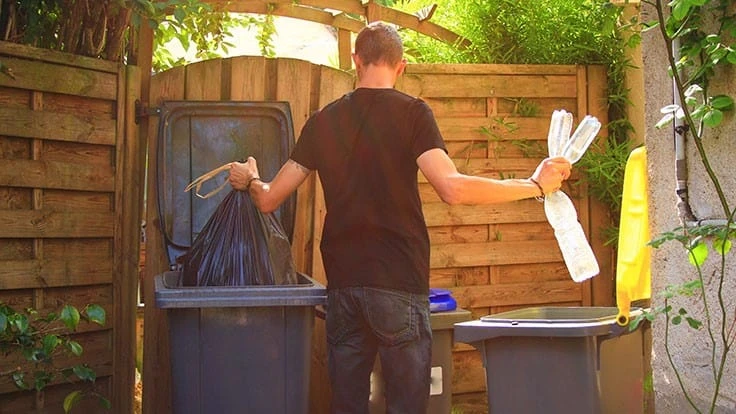
Bruno | stock.adobe.com
The Consumer Brands Association (CBA), Arlington, Virginia, has released a new report, “Set up for Failure: How the Fragmented Approach to Recycling Fails Consumers and the Environment,” which it says makes clear that standardized definitions for recycling are the first step to fixing what it calls “America’s broken system.”
In the report, CBA renews its call for federal definitions of recycling, something that the Environmental Protection Agency (EPA) has said it will take on in its impending National Recycling Strategy and the agency has not attempted since 1997. The EPA delayed its intended spring 2021 release of the strategy and is anticipated to share final copy later this month.
“We are on the clock to fix recycling in America and by America Recycles Day 2022 hope to be having a fundamentally different conversation about recycling,” says Geoff Freeman, president and CEO of CBA. “We expect to see, at minimum, a process for getting to standardized definitions in the EPA’s strategy—anything short of that fails to address the root issues plaguing our recycling system or bring meaningful change for consumers.”
The CBA says the U.S. has more than 9,800 recycling systems, each with its own unique set of rules and standards. According to the report, 71 percent of Americans said the sheer amount of recycling systems creates confusion. While 84 percent of Americans expressed concern over the current plastic waste crisis, only 20 percent reported having read their local recycling rules, increasing the likelihood that items are ending up in the wrong bin and, ultimately, the wrong place.
When asked to rate the recycling system’s performance, only 39 percent of Americans surveyed by CBA said it works well, while 36 said it works poorly and 23 percent said they didn’t know.
“Americans don’t know how well recycling works because the realities of the system are unseen by consumers who loyally place items in their curbside bins week after week,” Freeman says. “When the process is overly complicated, consumer behavior can undermine the shared outcome of increasing our recycling rates. We cannot allow consumers’ faith to erode and their confusion and frustration turn to apathy—that would be the end of recycling in America.”
Latest from Recycling Today
- Aqua Metals secures $1.5M loan, reports operational strides
- AF&PA urges veto of NY bill
- Aluminum Association includes recycling among 2025 policy priorities
- AISI applauds waterways spending bill
- Lux Research questions hydrogen’s transportation role
- Sonoco selling thermoformed, flexible packaging business to Toppan for $1.8B
- ReMA offers Superfund informational reports
- Hyster-Yale commits to US production





